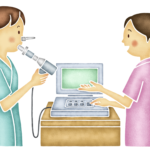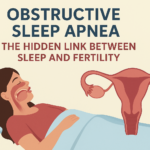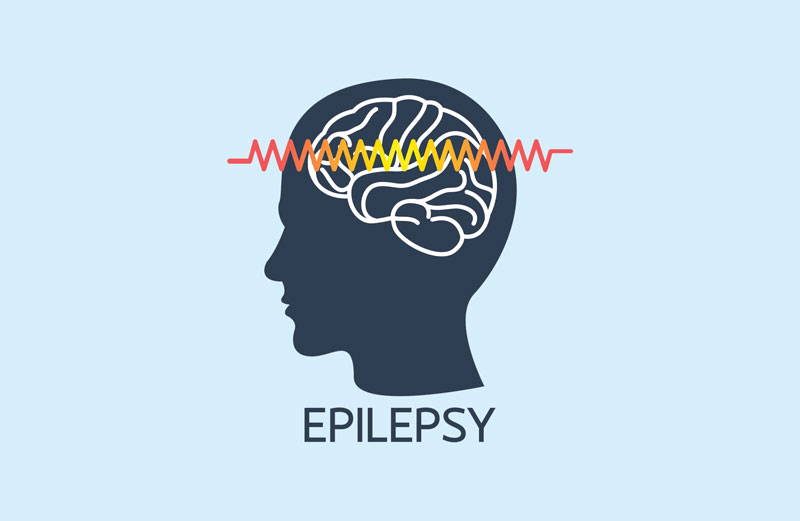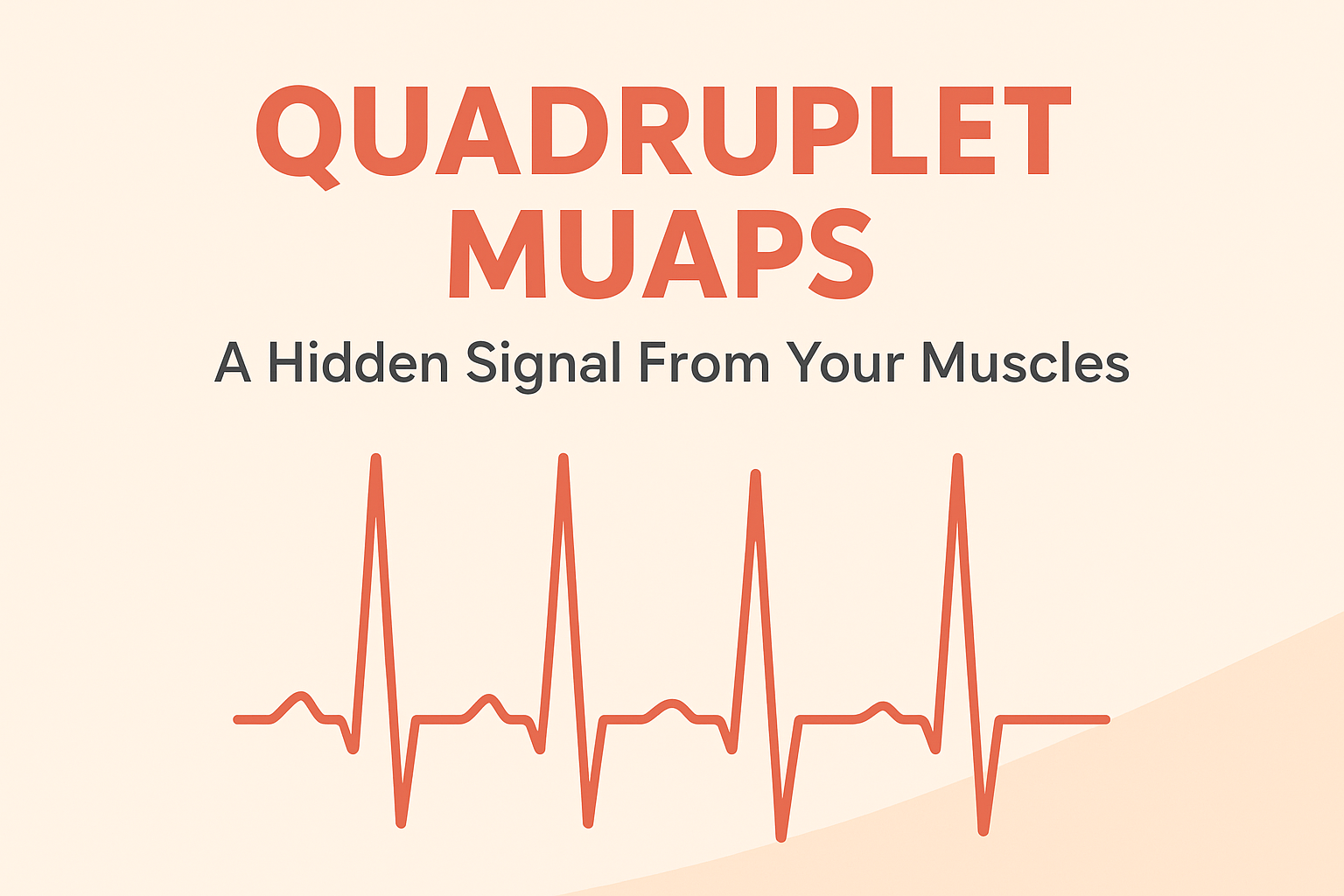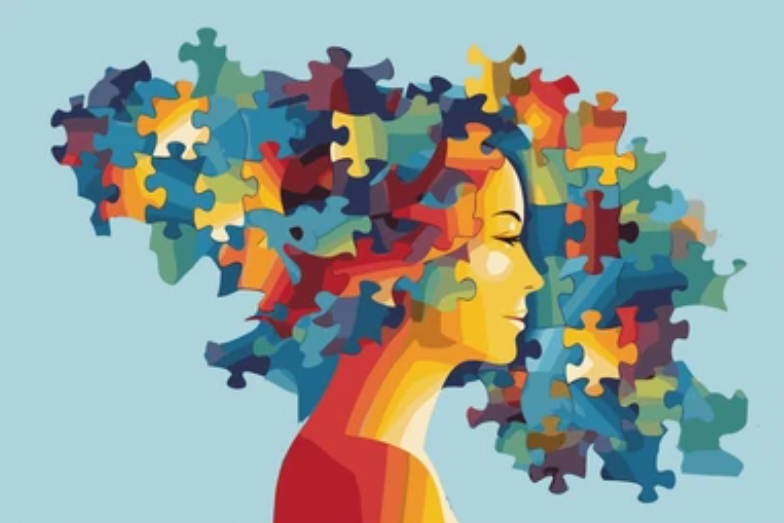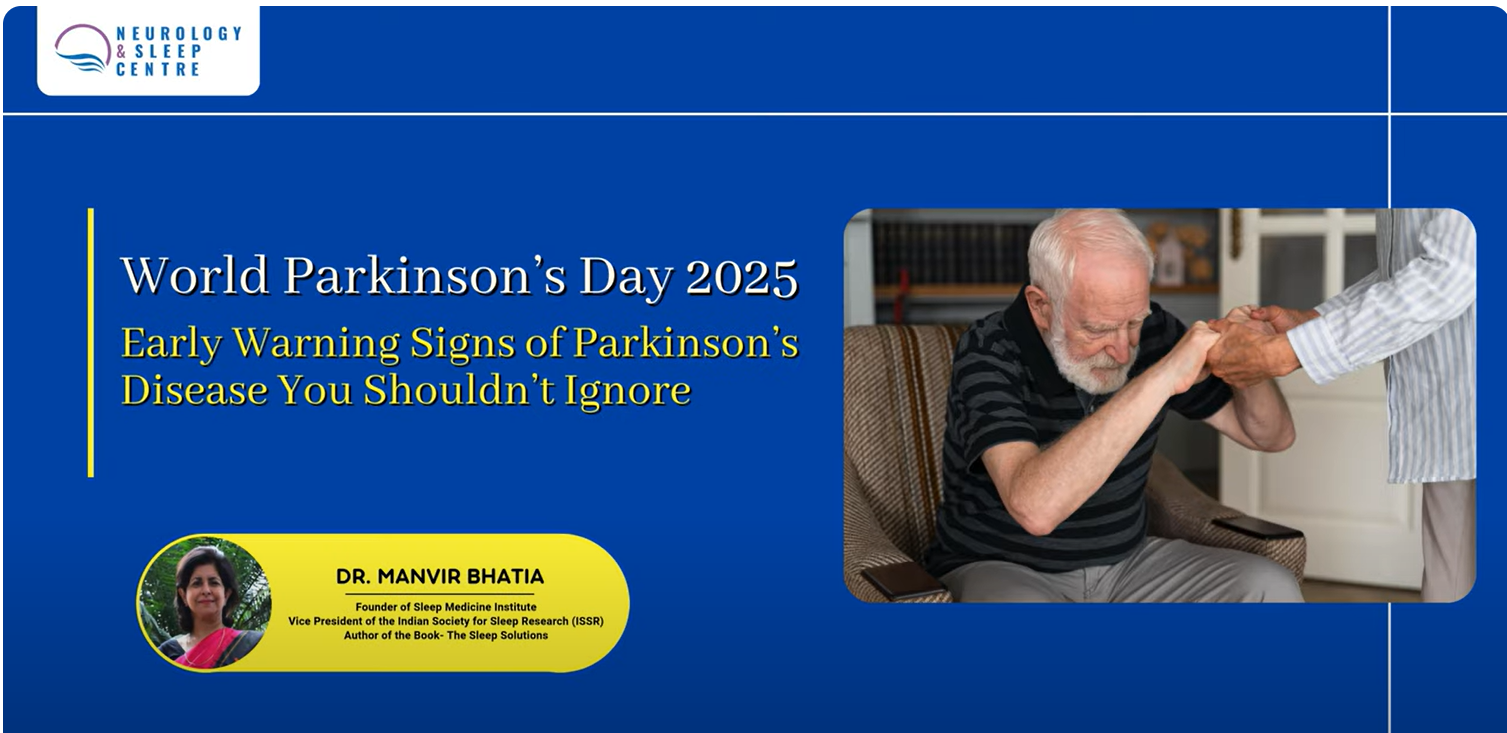
Epilepsy
Epilepsy is the fourth most common neurological disorder in the world. A paper published in Current Medical Issues in 2020, reported that 3 to 11.9 per 1000 people get affected by epilepsy each year and around 10 million people live with epilepsy in India. However, the more alarming numbers are that of the people not receiving treatment for epilepsy. A paper published in Annals of Indian Academy of Neurology In 2012 reported that around 22 percent of the urban and 90 percent of the rural population of Persons With epilepsy (PWE) do not receive treatment. Epilepsy Disorder involves recurrent unprovoked seizures. If not treated and not controlled, it can result in serious injury and may even lead to death.
Diagnosis of epilepsy
Not all seizures would manifest themselves in the form of epilepsy disorder, however, it is important to consult a neurologist as soon as possible after experiencing a seizure. The tests for epilepsy will include:
- EEG: EEG or Electroencephalogram is used to check the electrical activity in the brain in the form of brain waves. Abnormal brain waves will indicate a tendency to have seizures and the general area of the brain from where the seizure may originate
- MRI: MRI or magnetic resonance imaging is done to check if the seizure may have been caused by an injury, developmental abnormality, infection stroke, or tumor growth.
Based on these tests along with individual medical history the doctor will give you a diagnosis.
Treatment of epilepsy
Anti-Epileptic Drugs (AEDs) are used to treat epilepsy. In some cases, surgery may be prescribed to prevent seizures. The PWE may face the economical burden of the drugs and withdrawal symptoms on the discontinuation of the drug. Moreover, in rural areas, there is a lack of awareness of treatment. A study published in the International Journal of Medical Science and Public Health in Kerala in 2016 revealed that due to the social stigma and misconceptions associated with the disorder, most individuals do not reveal their condition and hence do not receive treatment.
Epilepsy and society:
- Education and Epilepsy
Most children suffering from Epilepsy have average IQ. Such children will have no difficulty in attending schools. Epileptic children cannot be barred from receiving an education in India under the Right To Education Act.
- Work and Epilepsy
Certain jobs such as Pilots, Drivers, moving heavy machinery or working at heights, jobs that involve running, etc may not be suitable for PWE, however, it has been found that PWE tends to work more diligently in order to sustain keeping their jobs. PWE must check the medical fitness regulations of the place they wish to join.
- Marriage and Epilepsy
Previously, according to Indian Law, marriage between a healthy and an epileptic person would be considered void if he or she suffered from recurrent seizures. However, today, with the Marriage (Amendment) Act of 1976, a person with epilepsy can legally marry and epilepsy can no longer be considered as a ground for divorce. Around 90 percent of women with epilepsy have a normal pregnancy and a healthy baby.
Epilepsy is a condition that can be controlled with the right treatment and procedures. With regular medication and actively avoiding known triggers of their seizures, Persons With Epilepsy can lead healthy, happy, and fruitful lives.
To seek help or know more about epilepsy, you can visit the Neurology and Sleep Centre, the 1st sleep centre in the country accredited by the Indian Board of Sleep Medicine at L-23, Hauz Khas Enclave, New Delhi, Delhi-110016 (INDIA)
Or give a call on +91-11-46070321, +91-9643500270,





